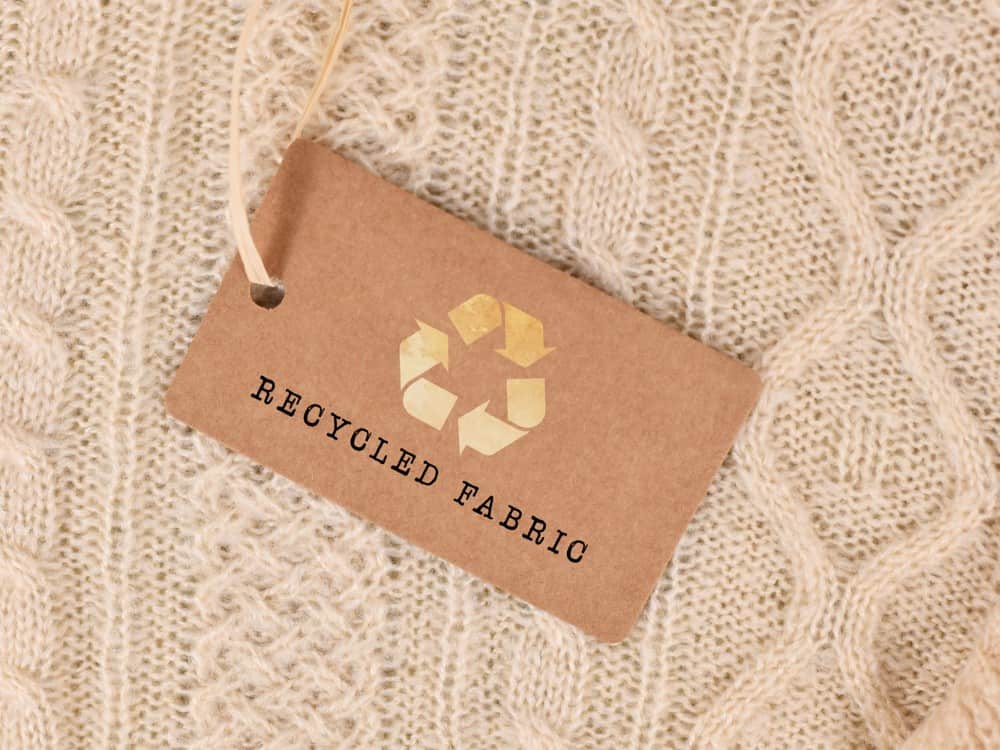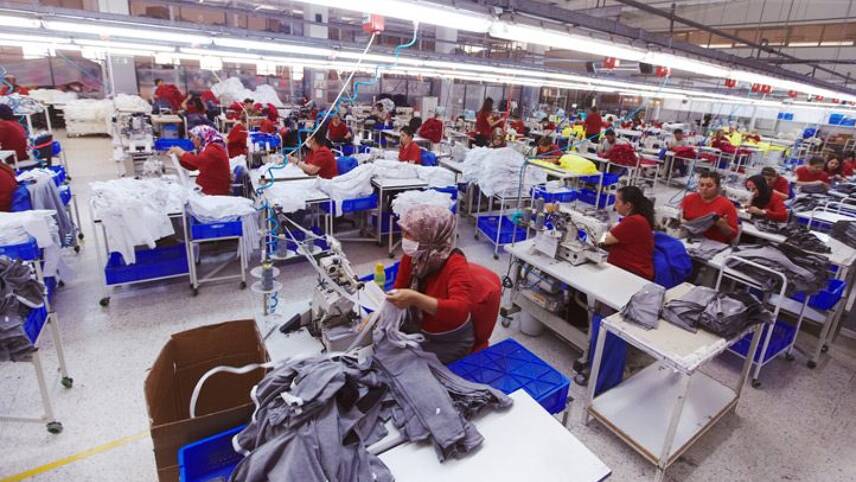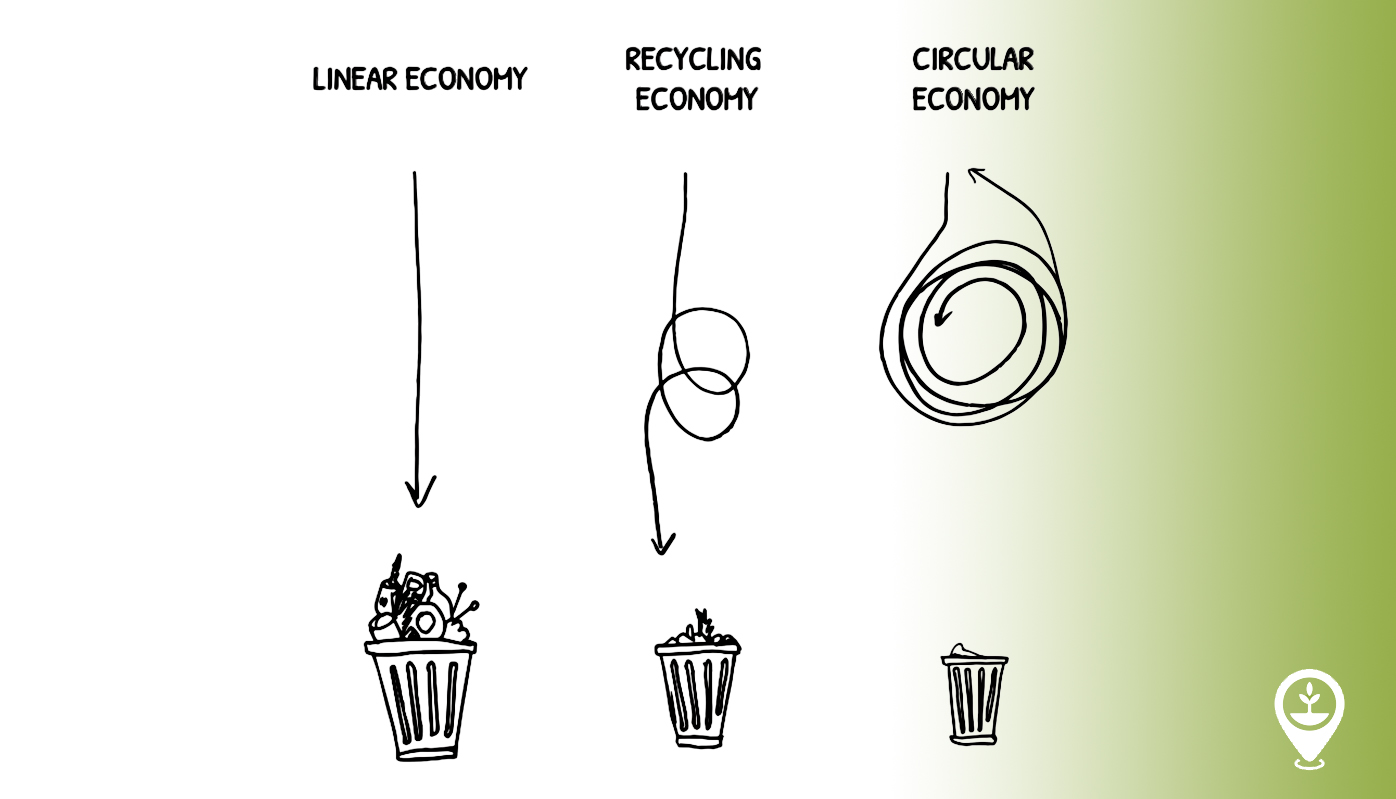Sustainable Fashion Trends: Ethical and Stylish Clothing Choices
The fashion industry has seen a seismic shift towards sustainability in recent years. What was once a niche interest has become a mainstream movement, as more people seek to align their values with their wardrobes. Sustainable fashion is no longer just about wearing recycled fabrics or organic cotton; it's about making thoughtful choices that impact the environment and the lives of those who create our clothes. So, what exactly is sustainable fashion, and why is it becoming so crucial?
Understanding Sustainable Fashion
At its core, sustainable fashion is about minimizing the negative impact of clothing production on both the environment and society. It encompasses a range of practices, from using eco-friendly materials to ensuring fair labour conditions. But it's not just about what we wear; it's about how we choose to wear it and the lifecycle of our garments.
Key Aspects of Sustainable Fashion:
1. Eco-Friendly Materials:
Sustainable fashion starts with the materials used in clothing. Organic cotton, bamboo, hemp, and recycled fabrics are popular choices that reduce the reliance on harmful chemicals and reduce waste. For instance, brands like Patagonia and Stella McCartney are pioneers in using recycled materials and organic fabrics.
2. Ethical Labor Practices:
Ethical labour practices ensure that workers involved in the production of clothing are treated fairly and work in safe conditions. This includes fair wages, reasonable working hours, and the right to unionize. Brands like People Tree and Everlane are known for their commitment to transparency and fair labour practices.
3. Slow Fashion:
Slow fashion promotes quality over quantity, encouraging consumers to buy less but invest in better-made, timeless pieces. This approach counters the fast fashion trend of disposable clothing and promotes a more sustainable consumption model. Brands like Reformation and Cuyana emphasize this philosophy, offering durable and classic designs.
4. Circular Fashion:
Circular fashion aims to extend the lifecycle of clothing through practices like recycling, upcycling, and repairing. Instead of ending up in landfills, garments are given a second life. Companies like The North Face and H&M’s Conscious Collection have initiatives that promote garment recycling and reuse.
5. Transparency and Traceability:
Transparency in the fashion industry means knowing where and how clothing is produced. Brands that are committed to sustainable fashion provide detailed information about their supply chains and production processes. Everlane’s “Transparency” section on their website is a prime example, offering insights into the cost breakdown and production of their products.
Why Sustainable Fashion Matters
The rise of sustainable fashion is not just a trend but a necessary response to the growing environmental and social challenges the fashion industry faces. Here’s why it matters:
1. Environmental Impact:
The fashion industry is one of the largest polluters in the world. From excessive water use to toxic dyeing processes, traditional fashion practices contribute significantly to environmental degradation. Sustainable fashion seeks to reduce these impacts by promoting eco-friendly practices and materials.
2. Social Responsibility:
Fast fashion often relies on exploitative labour practices, with workers in developing countries facing poor working conditions and unfair wages. Sustainable fashion prioritizes ethical labour practices, ensuring that workers are treated with respect and fairness.
3. Consumer Awareness:
As consumers become more aware of the impact of their choices, there is a growing demand for sustainable and ethical options. This shift in consumer behaviour is driving brands to adopt more sustainable practices and invest ethically.
Insights and Anecdotes
To illustrate the impact of sustainable fashion, let’s look at a few examples that highlight the positive changes occurring in the industry:
1. Patagonia:
Patagonia has long been a leader in sustainable fashion, known for its commitment to environmental responsibility. The brand’s “Worn Wear” program encourages customers to repair and recycle their gear, extending the life of their products. Patagonia’s dedication to using recycled materials and supporting environmental causes sets a high standard for the industry.
2. Stella McCartney:
Stella McCartney has been a trailblazer in eco-friendly fashion, consistently pushing the boundaries of what’s possible with sustainable materials. Her brand is renowned for using organic cotton, recycled polyester, and innovative alternatives to animal-derived materials. McCartney’s work demonstrates that sustainability and high fashion can go hand in hand.
3. The North Face:
The North Face’s “Clothes the Loop” program encourages customers to recycle their old clothing and footwear in exchange for a discount on future purchases. This initiative promotes circular fashion by keeping garments out of landfills and giving them a second life.
The Future of Sustainable Fashion
As sustainable fashion continues to evolve, the future looks promising. Innovations in technology, materials, and production processes are paving the way for more sustainable practices. For example, the development of biodegradable fabrics and closed-loop recycling systems offers exciting possibilities for reducing waste and environmental impact.
Moreover, the rise of digital fashion and virtual clothing is an emerging trend that could revolutionize the industry. Virtual fashion allows consumers to try on clothes digitally, reducing the need for physical samples and minimizing waste.
Conclusion: Why You Should Care
Sustainable fashion is more than a passing trend; it represents a shift towards a more conscious and responsible way of dressing. By choosing sustainable and ethical clothing, you’re not just making a fashion statement; you’re supporting a movement that prioritizes the health of our planet and the well-being of those who contribute to the fashion industry.
So next time you shop, consider the impact of your choices. Opt for brands that align with your values, invest in quality over quantity, and embrace the principles of sustainability. As we move towards a more sustainable future, every decision counts. Your wardrobe can be a powerful tool for change, helping to shape a more ethical and stylish world. Curious about how you can make a difference? Dive deeper into the world of sustainable fashion, explore new brands, and discover ways to incorporate ethical choices into your everyday life. The journey towards a more sustainable wardrobe is just beginning, and there’s so much more to learn and explore.








Comments
Post a Comment